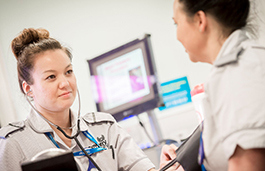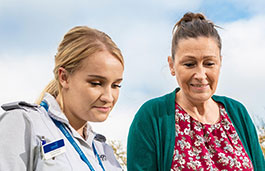Search
Learning Disabilities Nursing (pre-registration) MSc
Study level: Postgraduate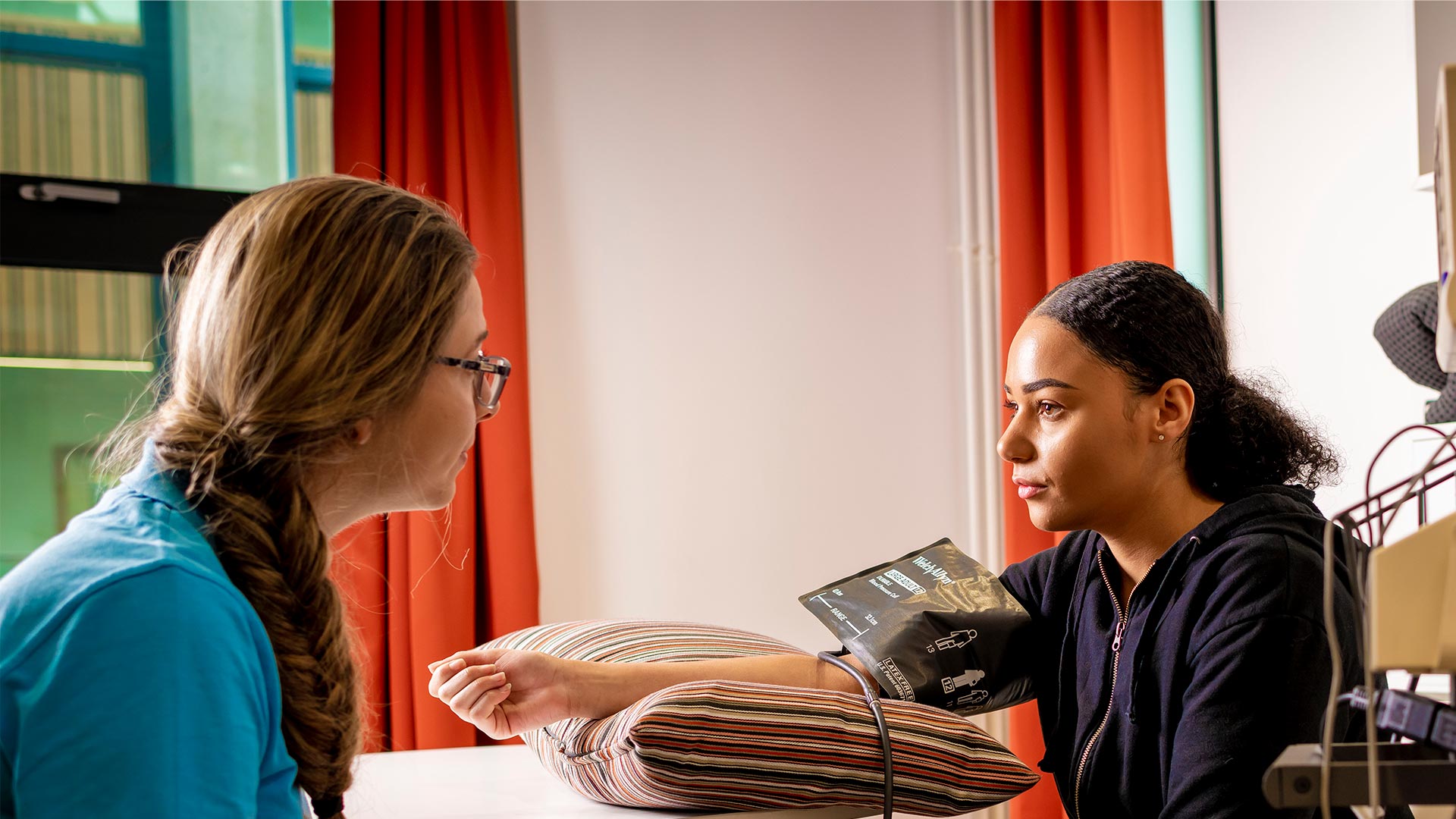
This MSc course offers graduates from a range of backgrounds the opportunity to enter the nursing profession in two years.
Course features
Year of entry
Location
Coventry University (Coventry)
Study mode
Full-time
Duration
2 years full-time
Course code
SHCT005
Start date
January 2026
Course overview
Learning disabilities (LD) nurses provide specialist healthcare and support to people with learning disabilities and additional health needs. Learning disabilities nurses work with individuals across the lifespan, collaborating with their families and carers to reduce health inequalities and promote health.
- Gain the knowledge, skills, and behaviours to meet the diverse health and care needs of people with learning disabilities across the lifespan. Course content prepares you to analyse, develop and deliver effective care to people with learning disabilities and to promote independence.
- There is a focus on providing person-centred care and ensuring the health needs of people with learning disabilities are met, emphasising evidence-informed practice, care and compassion.
- During the course you should develop the clinical and personal skills required to provide autonomous, compassionate and person-centred care. You will have the opportunity to work in multi-disciplinary teams, coordinating care and providing safe evidence-based care.
- Through recognition of your previous care experience and completion of four practice placements organised by Coventry University during your course, you will achieve 50% practical placement training needed for registration as a learning disabilities nurse with the Nursing and Midwifery Council (NMC). The clinical practice experience exposes you to caring for the needs of people with learning disabilities across a range of health services.2,5
- Study one module at a time, with five weeks of learning followed by one week of assessment per module.
5 QS Stars for Teaching and Facilities
QS Stars University RatingsRanked 9th Modern University in UK by the Times
The Times and Sunday Times Good University Guide 2025Ranked 4th for Overall Satisfaction in PTES
Postgraduate Taught Experience Survey (PTES) 2025Why you should study this course
- The course aims to develop high standards of person-centred care, complex care coordination, decision-making, leadership, and mentoring. It prepares you to be an accountable professional, excel in multidisciplinary teams, and demonstrate leadership through relationship management and emotional intelligence.
- The course is ideal for graduates of health-related disciplines, psychology, criminology or sociology degrees with some experience in health and social care. It is also suitable for existing nurses looking for dual qualification.
- Theoretical course aspects will be further developed through simulation and clinical placements relevant to the learning disabilities nursing field.2,5
- This course should develop your digital fluency, curiosity, critical and reflective thinking.
- All eligible students on this course can apply for a minimum training grant payment from the government of £5,000 per year, with additional payments for students incurring childcare costs.6
Studying in the School of Health and Care
Gain the skills and experience to transform lives, communities and the future of healthcare delivery. We aim to empower you to become a stand-out healthcare professional, capable, competent and confident in your field and role within the wider healthcare team. While continuously developing your sense of professional identity as a nurse from day one, you'll also collaborate with learners from other School of Health and Care fields, learning in an environment that puts inclusivity, diversity and dignity at its heart.
Accreditation and professional recognition
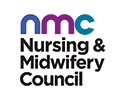
Nursing & Midwifery Council
This course is approved by the Nursing and Midwifery Council (NMC) from the January 2026 intake.1
Nursing at Coventry University
We have an excellent reputation for the quality of the education provided to trainee and qualified nurses.
Why study with us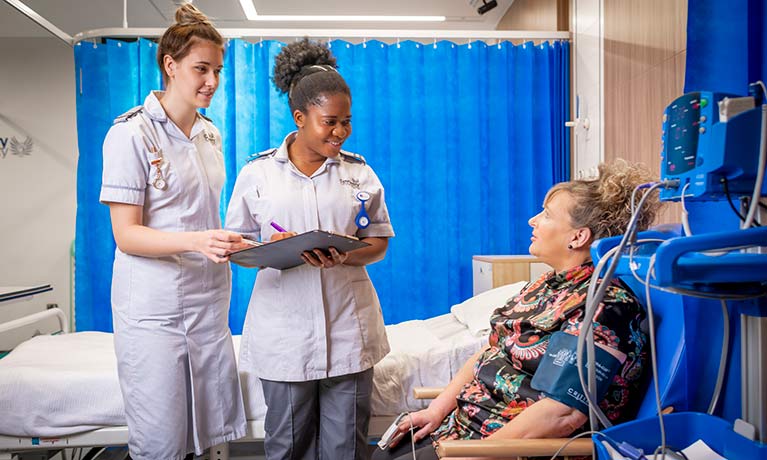
What you'll study
You will study the fundamental skills required of learning disabilities nurses to enable you to work in diverse clinical environments, supporting people with learning disabilities and their support networks with their holistic health needs. Over two years of study, you will progress and build upon your skills and practice experience to enable you to coordinate complex care with people with learning disabilities.
The delivery of theory components is through a range of modules which focus on extending your knowledge and cognitive skills, providing you with a sound critical, analytical and reflective approach to person-centred care delivery.
We regularly review our course content, to make it relevant and current for the benefit of our students. For these reasons, course modules may be updated.
How you'll learn
Teaching and learning methods may include:
- lectures/online lectures
- clinical simulation
- seminars
- workshops
- tutorials
- online learning materials
- practical clinical work in a practice setting.2,5
Teaching contact hours
As a full-time student on this course, you will study modules totalling 180 credits across two academic years. A typical 30-credit module requires a total of 300 hours of study. Study hours are made up of teaching contact hours, and guided and independent study.
Teaching hours
Teaching hours may vary, depending on where you are in your studies, but on average you will have between 4 and 8 teaching and learning hours each week. You will also have the opportunity to attend optional sessions, including time with a progress coach or to meet with staff for advice and feedback.
Practice-based learning
Practice-based learning forms an essential and significant part of your learning experience. Practice hours will differ between placements and different health and care courses. You will have access to university staff, but should expect to spend the majority of your contact time with practice collaborators undertaking placement activity. Overall, the hours you undertake in practice-based learning will need to satisfy the eligibility requirements set by the professional body regulating the profession, the NMC. No less than 2,300 practice-based hours gained from a combination of placement and simulated learning will need to be completed over the course of your degree.
Guided and independent study
Throughout your studies, you will be expected to spend time in guided and independent study to make up the required study hours per module. You will be digging deeper into topics, reviewing what you’ve learnt and completing assignments. This can be completed around your personal commitments. As you progress to the end of your studies, you’ll spend more time on independent learning.
Online learning
As an innovative university, we use different teaching methods including online tools and emerging technologies. So, some of your teaching hours and assessments may be delivered online.
Assessment
This course will be assessed using a variety of methods which could vary depending on the module. Assessment methods may include:
- critical appraisal essays
- reflective accounts
- presentations
- viva voce
- reports
- Observed Structured Clinical Examination (OSCE)
- practice assessment
- independent project
- numeracy test.
The Coventry University assessment strategy aims to ensure that our courses are fairly assessed and allows us to monitor student progression towards achieving the intended learning outcomes.
As a learning disability nurse I feel privileged to have worked with individuals and their families throughout my career and to have supported people to ensure that their health needs are met. There are lots of opportunities to make a difference to the lives of people and to support people to reach their potential. Being a learning disabilities nurse provides you with transferable knowledge and skills, so that you can be innovative and creative in how you support people and practice. The Learning Disabilities Nursing MSc will enable you to practice so that you work in partnership with people, promote good practice, and provide high quality care.
Katie Meah, Registered Learning Disability Nurse and Course Director for Learning Disabilities Nursing MSc, 2023
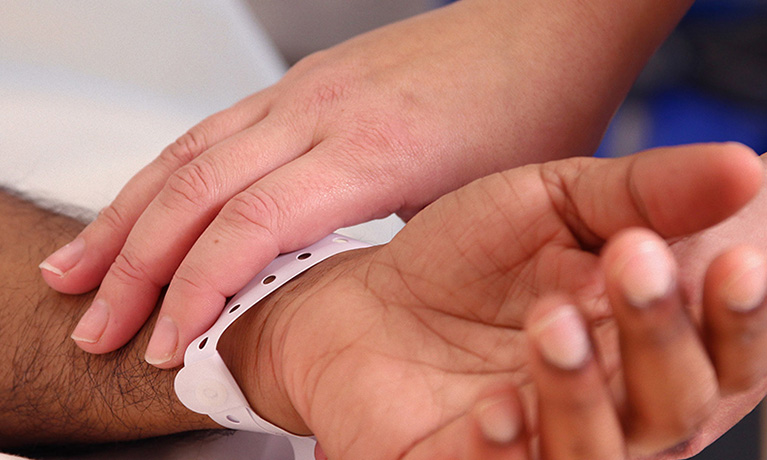
Entry requirements
Typical entry requirements:
Fees and funding
| Student | Full-time | Part-time |
|---|---|---|
| UK | £9,250 per year | Not available |
All eligible students on this course may qualify for a minimum payment from the government of £5,000 per year, with additional payments for students incurring childcare costs.6
For advice and guidance on tuition fees and student loans visit our Postgraduate Finance page and see The University’s Tuition Fee and Refund Terms and Conditions.
Tuition fees cover the cost of your teaching, assessments, facilities, and support services. There may be additional costs not covered by this fee such as accommodation and living costs, recommended reading books, stationery, printing, and re-assessments should you need them.
The following are additional costs not included in the tuition fees:
- Any costs associated with securing, attending or completing a placement (whether in the UK or abroad)
Irish student fees
The rights of Irish residents to study in the UK are preserved under the Common Travel Area arrangement. If you are an Irish student and meet the residency criteria, you can study in England, pay the same level of tuition fees as English students and utilise the Tuition Fee Loan.
Facilities
Our Alison Gingell Building provides facilities for teaching and research, featuring hospital wards, critical care settings, operating theatre, community housing and other real life nursing environments relevant to practice.

Alison Gingell Building
The Alison Gingell Building features mock hospital wards, an operating theatre, critical care settings and other real-life environments.
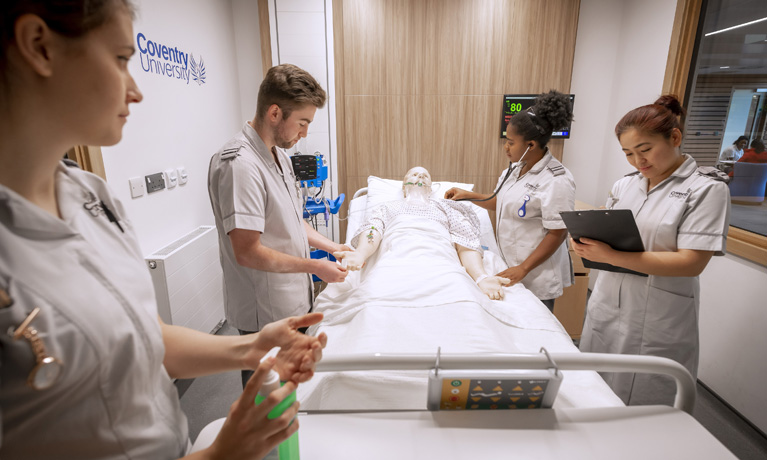
Mock hospital wards
Our mock hospital wards and critical care settings give you the chance to experience patient scenarios in a real-world environment.

Community houses
Our two full-size community homes can be used for sessions simulating working with patients outside of a hospital setting.
Facilities are subject to availability. Access to some facilities (including some teaching and learning spaces) may vary from those advertised and/or may have reduced availability or restrictions where the university is following public authority guidance, decisions or orders.
Careers and opportunities
This course aims to deliver accountable professionals who can thrive in dynamic multidisciplinary teams and demonstrate leadership, influence and supervision.
This course aims to enhance your academic development, deepening theoretical understanding and practical skills while preparing you for an accelerated career as a nursing leader, clinical expert, educator or researcher within the profession.
Successful completion of this course is a strong indication to potential employees that you have both the ability and the academic characteristics, required for working in a variety of clinical settings.
On successful completion of this course, you will be able to:
- apply for registration as a Learning Disabilities Nurse through the consistent demonstration of the knowledge, skills, level of proficiency and behaviours required to meet the professional standards set out by the Nursing and Midwifery Council.
- act as an autonomous and accountable Learning Disabilities Nurse who can apply relevant legal and ethical frameworks and requirements towards ensuring safe and effective care delivery within the scope of their professional practice.
- critically evaluate evidence from diverse sources to inform, rationalise and improve nursing care delivery whilst developing skills to support continued professional validation and life-long learning.
- apply evidenced-based approaches towards sustaining and enhancing the wellbeing of individuals, communities, and populations. Utilise effective communication strategies that enable informed choices to protect and promote health.
- demonstrate the qualities of an influential leader who can pro-actively develop professional relationships, supervise, and work collaboratively with others, towards improving care outcomes.
- lead in the coordination of care across a range of unpredictable and complex environments. To ensure patient safety and high-quality care, graduates must collaborate closely with individuals, their support networks, other health and care professionals, and utilise digital technologies.
- assess, plan, deliver and evaluate culturally competent care that is respectful, equitable, inclusive, sustainable, and adaptive towards incorporating people’s health care choices.
Where our graduates work
Recent graduates have secured employment in a variety of clinical and specialist areas across a range of public and private settings, including community learning disability nursing teams, short breaks services for adults and children, hospices, schools and specialist inpatient settings.
How to apply
You may also like
